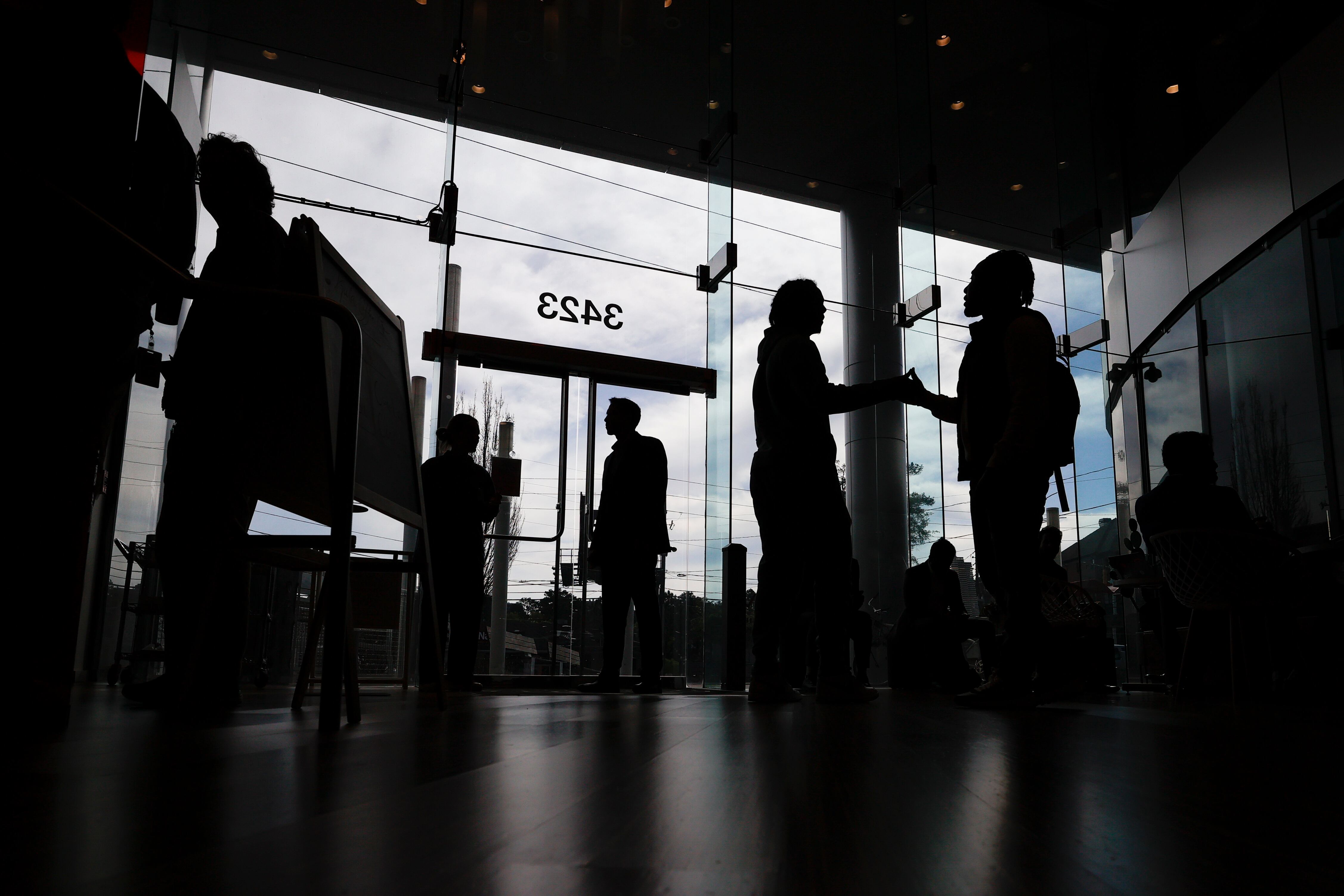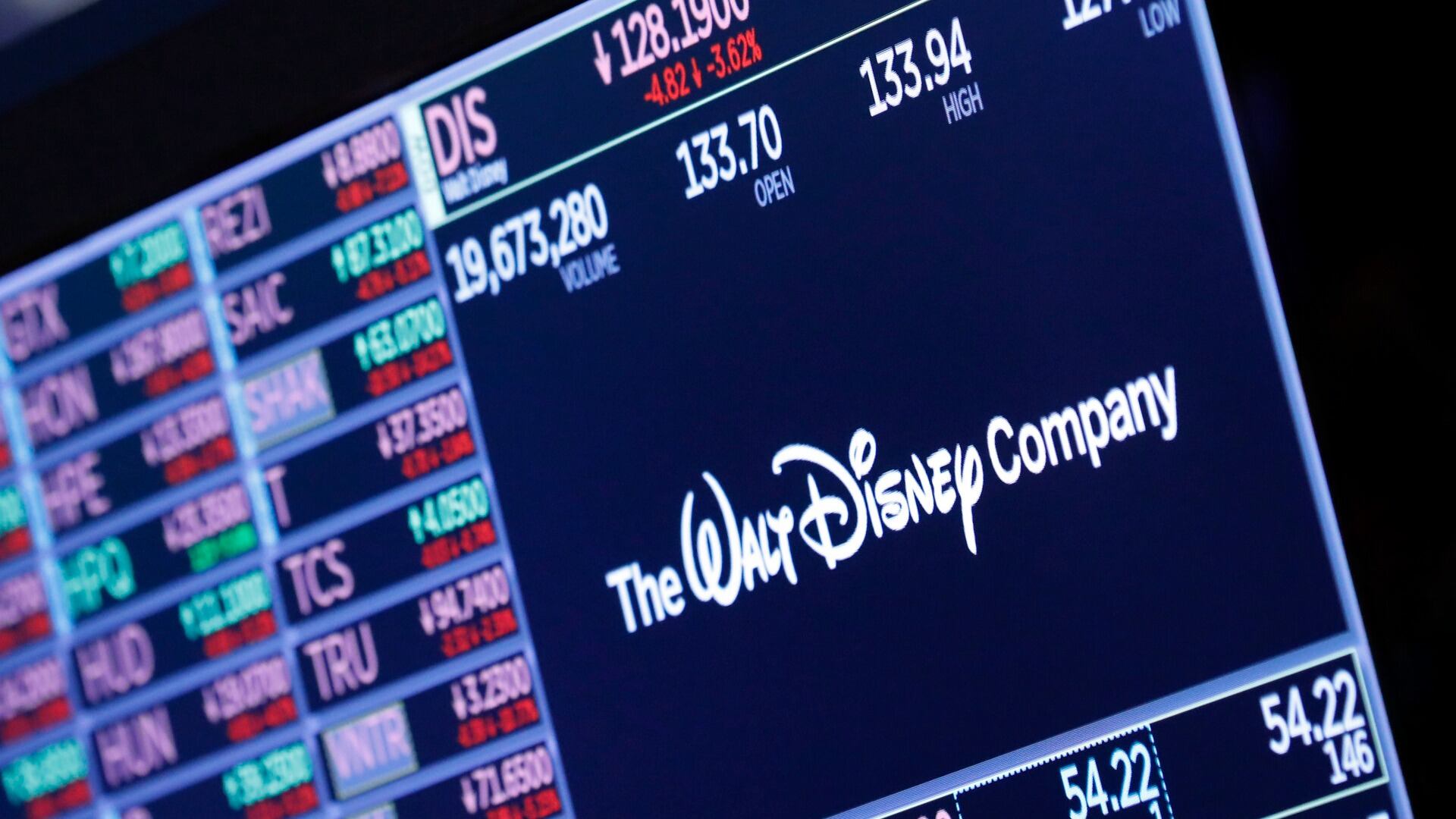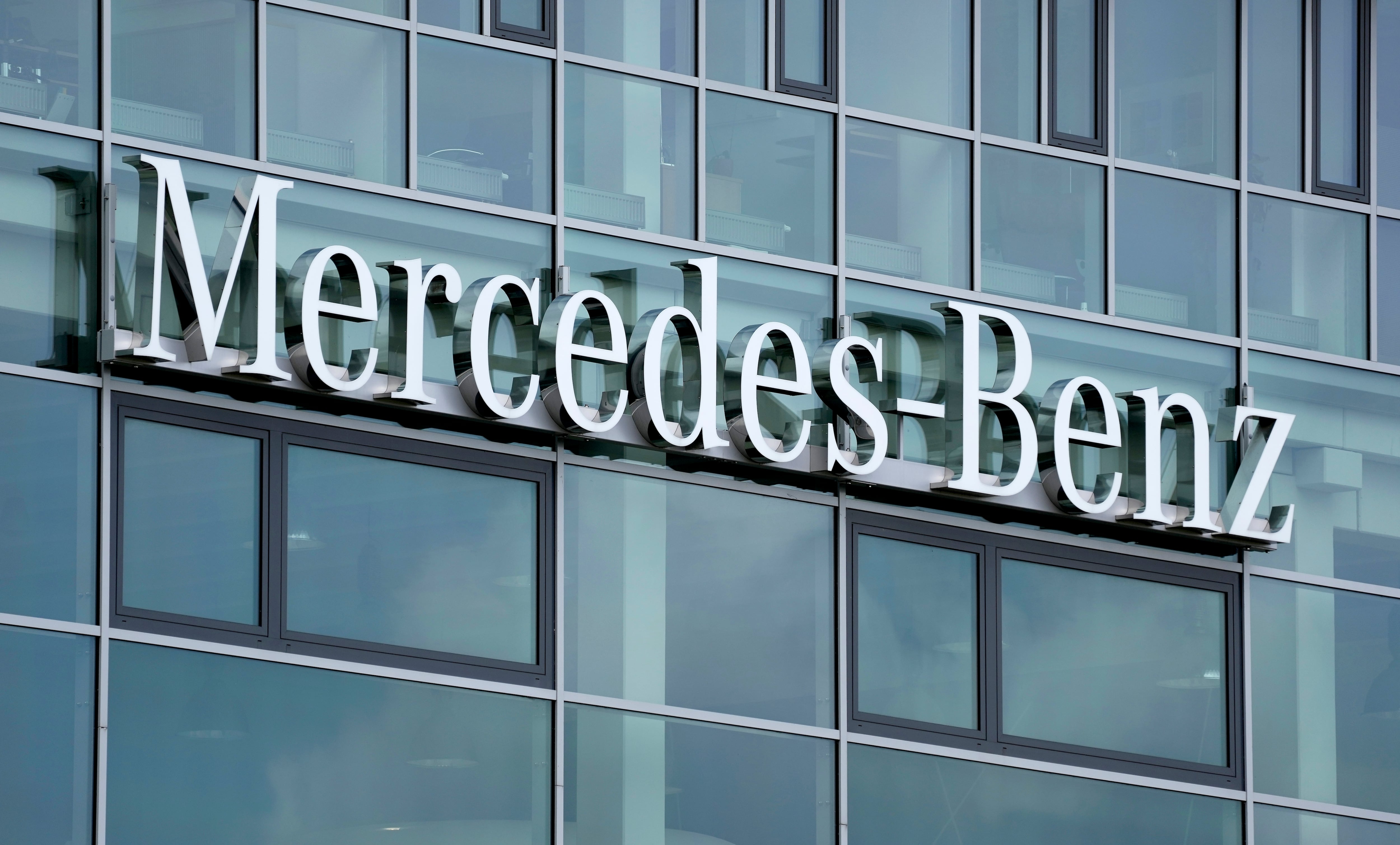A strong earnings season was not enough to save the markets from a down day of trading Tuesday, another sell off in what's been a pretty depressing year so far for stock markets. The Dow Jones closed down around 420 points, and was down as much as 600 during the day. The Nasdaq was down more than 120 points, and the S&P 500 fell 35 points. Art Hogan, the chief market strategist for B. Riley FBR, said in an interview with Cheddar that this market downturn is the exact opposite of what investors might expect after a series of strong first-quarter earnings reports. He said something else is weighing down the Dow. "I think it all predicates itself around fears of bad trade policy," said Hogan. In the fourth quarter of last year, chief executives were excited about the potential of tax reform, but that optimism has shifted, he said. Now, in their earnings calls, executives are expressing concern about trade policy, tariffs, higher input costs, and commodity prices going even higher. Those changes could affect earnings beyond this quarter, Hogan said. "While the earnings are spectacular ー they are nothing short of spectacular in the earnings reports themselves ー the tone of the conference calls has changed," said Hogan. "And the market is getting to a point where we are concerned what we are doing about trade policy." When it comes to advice on what to do now, Hogan said to stay cyclical and, in a rising interest rate environment, avoid high dividend yield sectors like utilities and telecoms. For full interview, [click here](https://cheddar.com/videos/markets-close-down-over-400-points).












